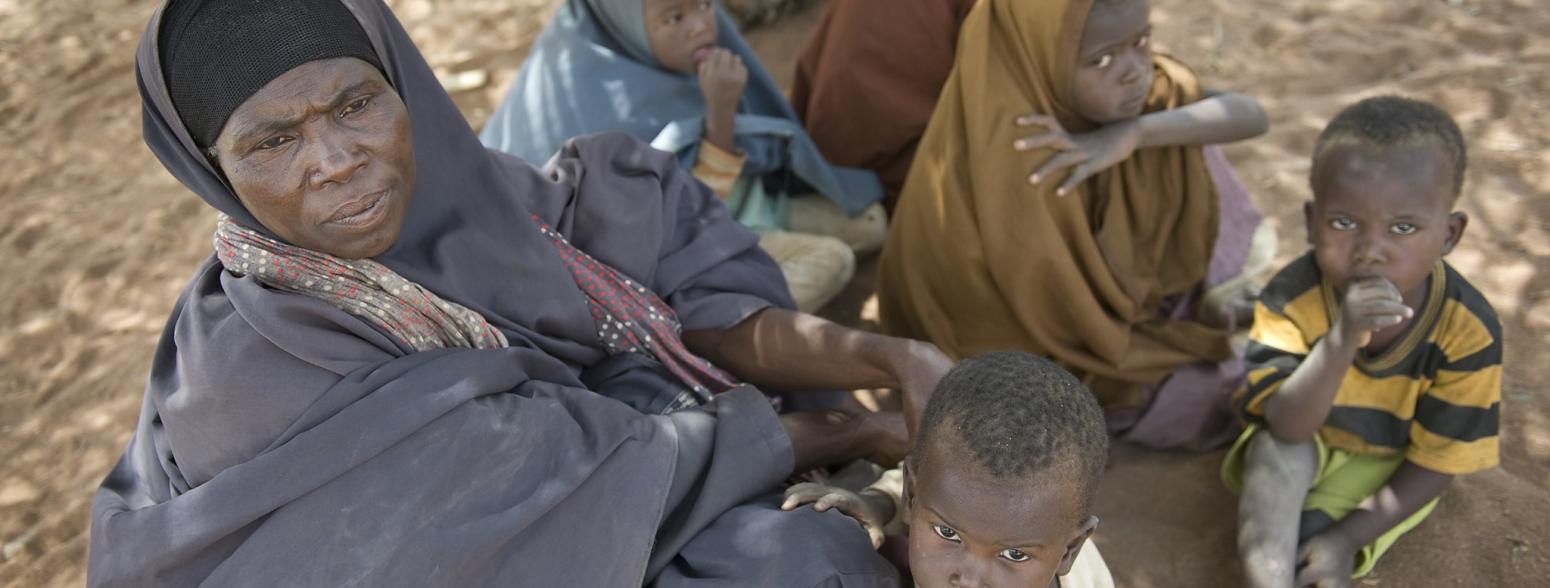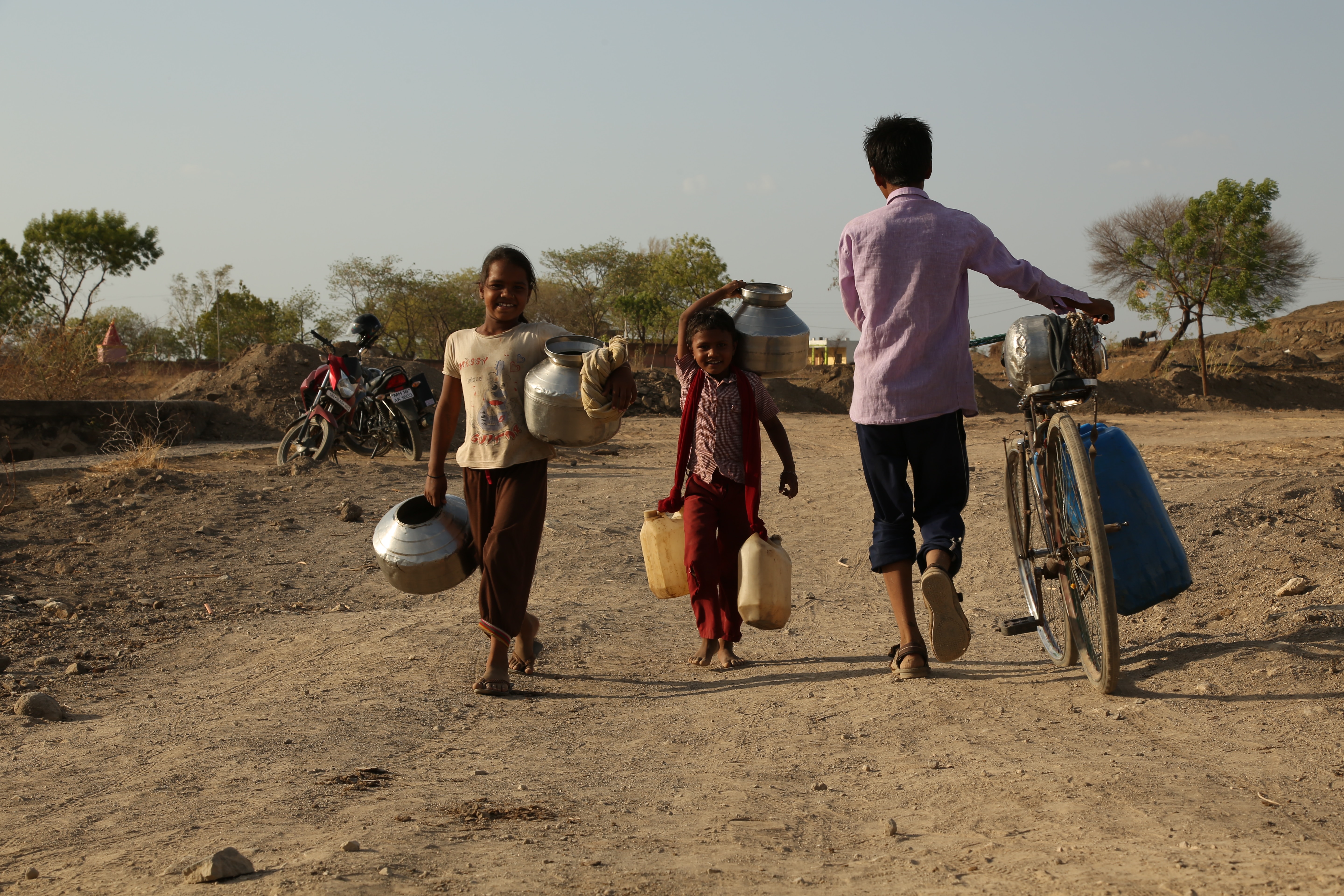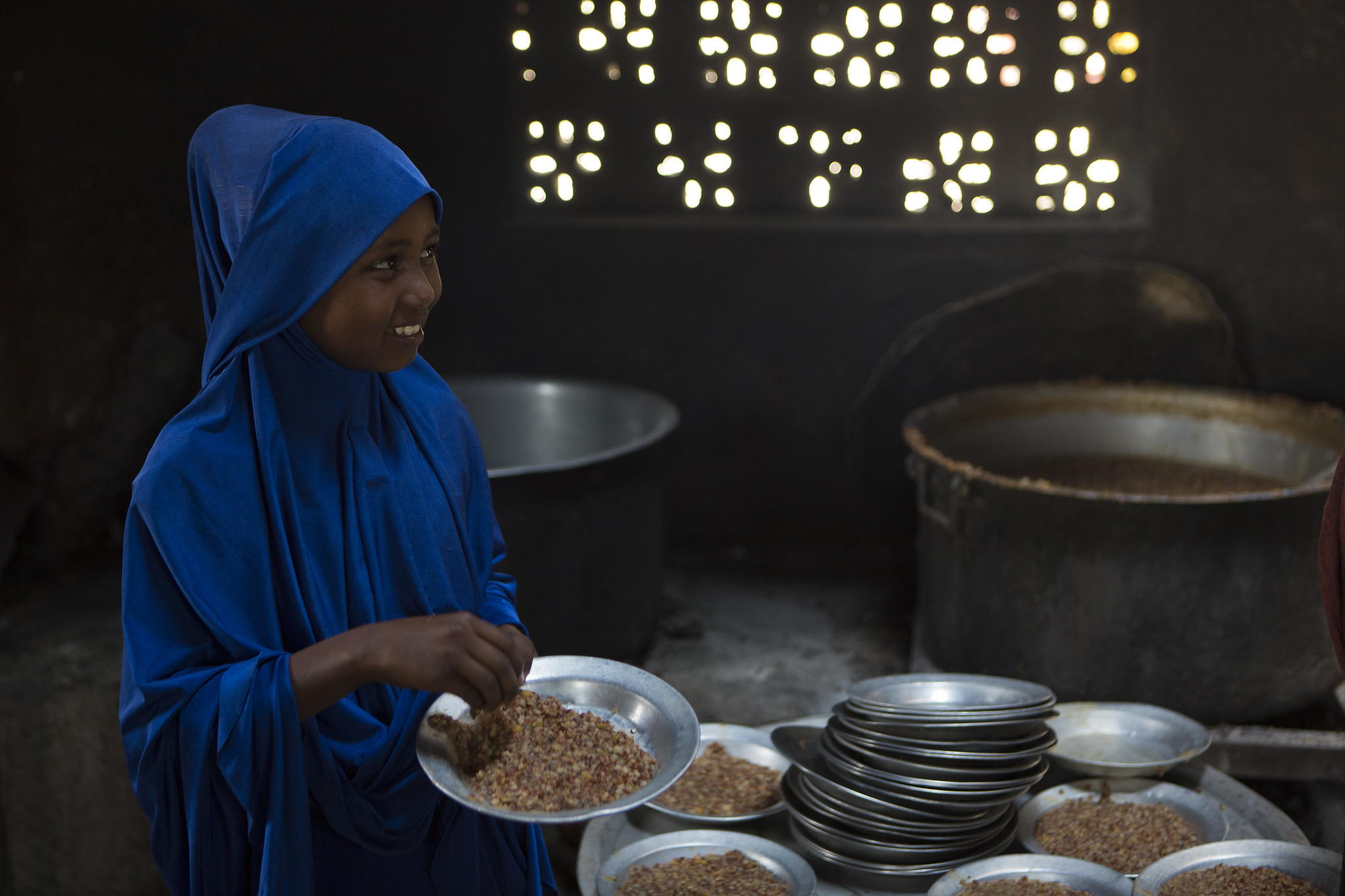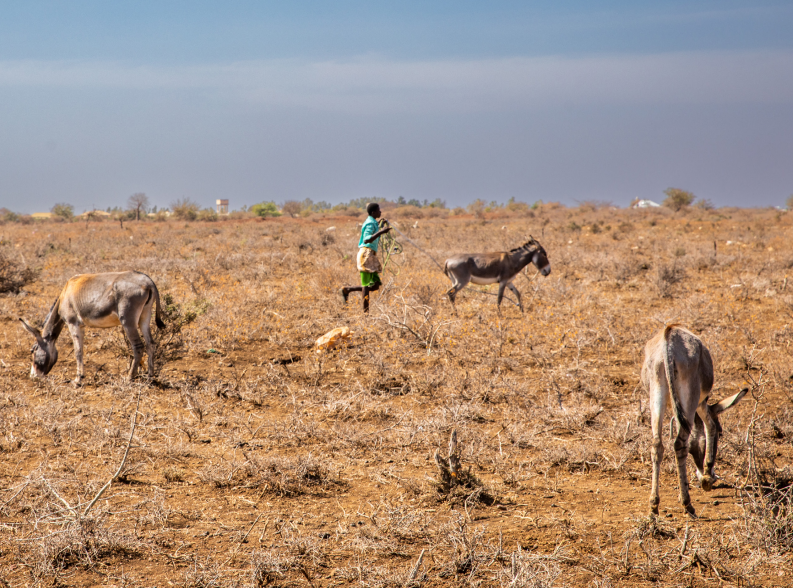Image

Somalia Resilience Population-Level Measurement Activity
Measuring the Impact of Collective Resilience Outcomes
The Somalia Resilience Population-Level Measurement (RPM) Activity uses population-level resilience measurement and a participatory approach to help stakeholders better align their interventions in a shared resilience vision.
Activity Term: June 9, 2021 - June 8, 2026
The Somalia Resilience Population-Level Measurement (RPM) Activity is a Mercy Corps and ACDI/VOCA-implemented, five-year, USAID-funded, $9.8 million program designed to collaboratively explore and test solutions for user-centered resilience measurement in USAID’s focal zone. The program will use population-level resilience measurement and a participatory approach to facilitate the use of resilience-oriented results frameworks as a common entry point to unpack resilience learning questions. RPM will help stakeholders better align their interventions in a shared resilience vision, strengthening the foundations for collective impact in Somalia’s recurrent and protracted crisis context.
Mercy Corps, in conjunction with ACDI/VOCA was challenged by USAID to collaboratively explore and test solutions for user-centered resilience measurement in USAID’s focal zone through the Resilience Population-Level Measurement (RPM) Activity. RPM aims to develop and lead a resilience measurement system measuring the collective resilience outcomes at a population level and build the capacity of participating stakeholders to estimate individual contributions to collective resilience outcomes. This work will require the adaptation of single program-focused resilience capacity measurement methodologies previously piloted in Somalia, and advanced analytics required to link diverse stakeholder-level contributions to collective, population-level resilience outcomes.
Through a common measurement and analytics process, all resilience stakeholders in the targeted geographic zone, including aid actors, donors, government and social enterprises, can have the opportunity to track progress of their collective resilience outcomes and access tools necessary to estimate their individual contributions to those outcomes.
RPM will enhance the learning and adaptation of diverse resilience actors across a geographic area containing over one third of Somalia’s population, providing a public good and groundwork for similar government-led efforts. Further, this work will advance global methodological best practices in resilience measurement and population-level evaluations of collective outcomes. Notably, it can develop a replicable approach for connecting population-level measurement of common resilience outcomes to the work of diverse contributing actors, thus meeting a measurement aspiration for USAID’s Bureau for Resilience and Food Security and resilience collaboration platforms in other USAID resilience focus countries.
Featured Resources
Image

Image

Image






